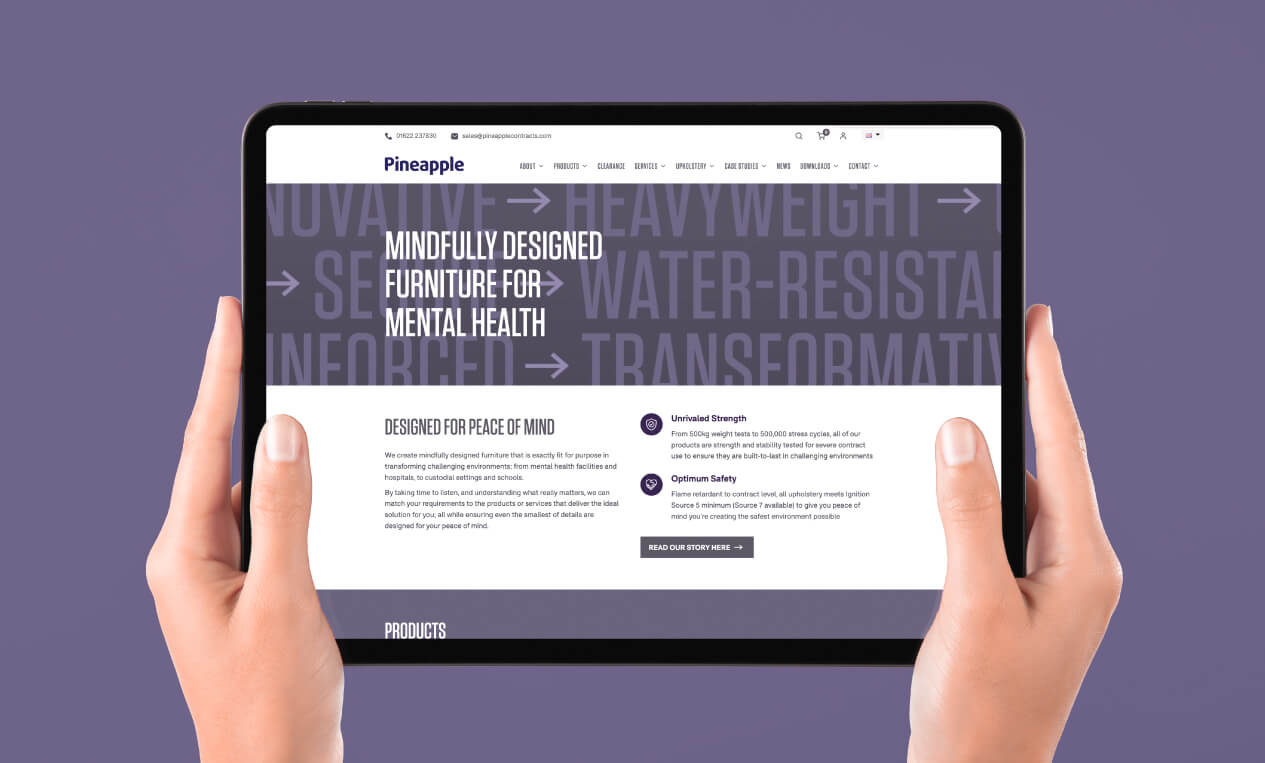A website ranking highly in search engines and providing an excellent user experience is crucial for driving traffic, leads and sales. Optimising for search engines (SEO) and user experience (UX) used to be seen as separate pursuits, but modern websites must focus on both simultaneously. Combining SEO and UX takes strategic planning and execution but offers immense rewards. Follow this guide to learn how to align SEO and UX for a website that satisfies both search engines and your human visitors.
Start with Keyword Research
The foundation of most SEO strategies is identifying relevant, high-traffic keywords that align with your business offerings. You can then optimise pages and content around those terms.
But when working on UX design, you normally emphasise what users are looking for, how they browse and their decision-making psychology. Blending both disciplines starts with finding keyword terms that drive search volume and convert well once visitors come to your pages.
Use keyword research tools to discover terms that have:
- High monthly search volume
- Relevant performance metrics like low bounce rates and/or high pages per session
- Commercial intent around transactions or lead generation
Choose keywords based on all those factors to appeal to both SEO and UX priorities from the beginning.
Map the Buyer’s Journey with Topic Clusters
SEO requires a detailed, semantic website architecture with pages that target various subtopics around your products, services and site sections. UX is about guiding visitors through a journey to become buyers.
Blend these two pillars with an information architecture based on buyer journey stages mapped to relevant keyword clusters, such as:
- Early-stage research keywords = Attracting visitors
- Product/feature-specific keywords = Allow product exploration
- Pricing/purchase-related keywords = Facilitate path to purchase
With descriptive page titles and URLs, meta descriptions, headers and content focused around carefully clustered terms, you’ll satisfy both SEO bots and human visitors.
Optimise Content for Users by Answering Questions
The third step to integrated SEO/UX is creating excellent content that answers questions and solves real visitors’ problems while signalling topical relevance to search engines via keywords.
Go beyond basic product descriptions. Identify hesitations and questions in each stage of your buyer’s journey and create content that addresses those concerns. Answer queries like:
- How does this solve my specific problem?
- What sets this apart from alternatives?
- What results can I expect after purchase?
- How easy is this to set up and use?
This content provides the service visitors seek, qualifies leads, and places vital SEO keywords in context for search bots to crawl, index, and rank your pages.
Improve Site Navigation and On-Page Elements
Now that the content and information architecture address both SEO and UX, focus on improving easy site navigation and highlighting calls-to-action. Elements like:
- Simple, intuitive navigation menus and site search
- Prominent calls-to-action for desired visitor behavior
- Page layouts focused on key tasks and decisions
- Easy-to-find contact options and visible support access
These components make it easier for visitors to explore your site, find answers and convert across devices. Improvements like faster load speeds, responsive design and accessibility also increase satisfaction signals to search engines.
Key Takeaways
The beauty of aligning UX and SEO efforts is that search bots recognise those same elements as positive quality signals when you create a website focused on satisfying visitor needs. By tackling both disciplines holistically, you’ll enjoy higher organic visibility and more on-site conversions over time through improved user experience.
Let the professionals handle it!
If you need help balancing SEO and UX, why not consult with the branding experts at Sourcefour? As a full-service branding agency, our team know how to create websites and content that convert.
Our expert knowledge and commitment to going above and beyond for our clients led us to win the title of “The A-Team” at this year’s Great Big Small Business Awards.

